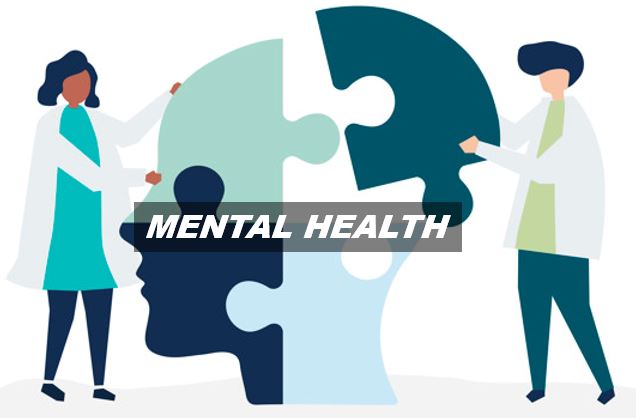
“Stress” is our response to internal or external factors that require an immediate reaction from our body.
When we reach this state, we release a large amount of energy that can improve our performance for a short time. However, contemporary society often demands a much higher investment in our working and social life, far beyond our body’s ability to withstand a stressful situation.
When this happens, tress can become a chronic condition, leading to negative emotions and symptoms damaging our daily lives. Anger, irritability, and anxiety are among the most common ones. They often go hand in hand with physical complaints such as migraines, stomach acid, increased blood pressure, fast heart rate, sweating, shaking, shortness of breath, or shortness of breath tightness in the chest.
When people experience stress consistently, it is necessary to find practical strategies to reduce it and fight it. In some cases, medical help is needed. Sometimes, however, some “natural” remedies can at least help in the short run. Here are some of the most effective ones.
Physical activity
Research shows, without any doubt, that exercise has a powerful anti-stress effect. If performed regularly, exercise produces substances called endorphins. These counteract the unpleasant sensations of stress and create a feeling of energy and vitality. Contrary to common believes, it is not necessary to be involved in particularly demanding sporting activities. Even 20 minutes of walking per day can be beneficial for many hours.
Relaxation techniques
Relaxation is that psychophysiological state in which the body’s activity stabilizes at normal levels. In this state, our body is not solicited to respond to environmental demands, which is why we perceive it as a state of well-being and serenity. To reduce stress, especially if chronic, it can be helpful to learn relaxation or meditation techniques.
Research indicates that practicing meditation every day allows us to reduce psychological and physical tension. One of the most effective approaches for stress management is Mindfulness-Based Stress Reduction, which aims to develop a new way of relating to one’s thoughts and emotions. Some of the known benefits include pain relief and sleep improvements.
Sleep hygiene
One of the most underestimated aspects when it comes to fighting stress is sleep hygiene. When we are under stress, the hormones responsible for physiological activation (glucocorticoids) stimulate the brain, making it difficult to fall asleep or disturb the deep sleep stages. At the same time, since sleep is when the brain recharges itself with energy, the deprivation of hours of rest leads to memory and concentration difficulties during wakefulness. These are, in fact, themselves a cause for stress.
For this reason, taking care of sleep hygiene is essential to reduce stress. For instance, we should get at least seven hours of sleep per night, eat lightly in the evening or engage in relaxing activities before bed. The latter is essential and varies from person to person. Some prefer reading a book or listening to music, while others love the calming effect of twirling a fidget ring. What matters is to find what suits you best and make it a routine.
Social relationships
What happens quite often is that when we become increasingly busy with work, we reduce time spent on social and leisure activities. Unfortunately, this has damaging effects on our psychological and physical well-being. Sharing moments with our loved ones has a powerful anti-stress effect on the human body. The connection with others regulates our emotional state and allows the body to rebalance itself.
Therefore, it is essential to allocate time during the week for these moments. Otherwise, work will likely occupy most of our days and cause a tremendous amount of stress.
You may be interested in: Unusual Ways To Relieve Work Stress

